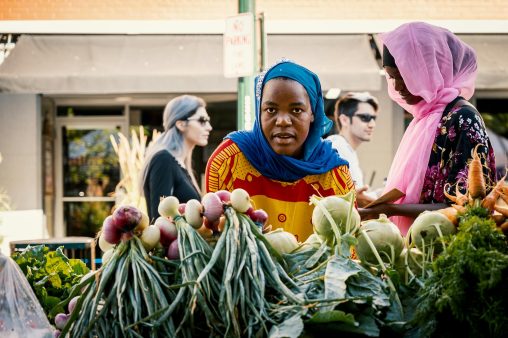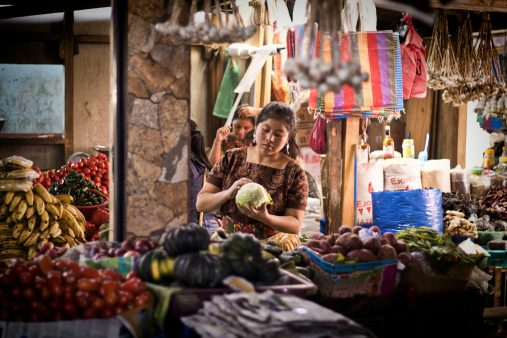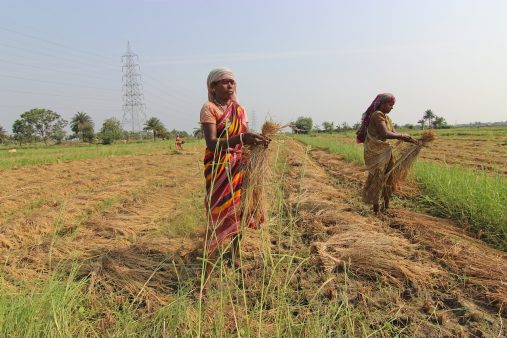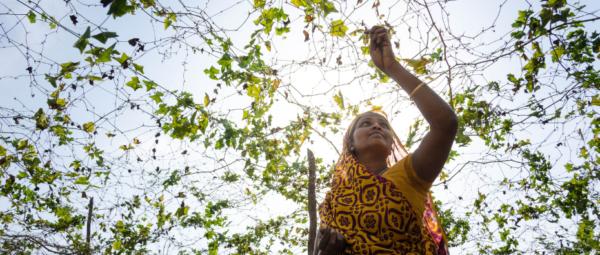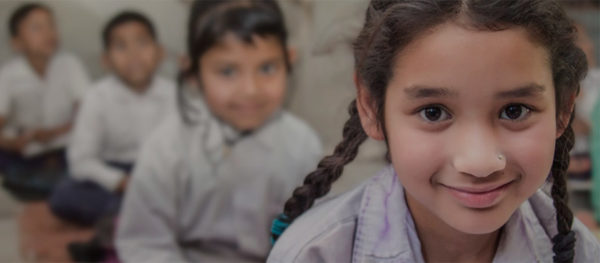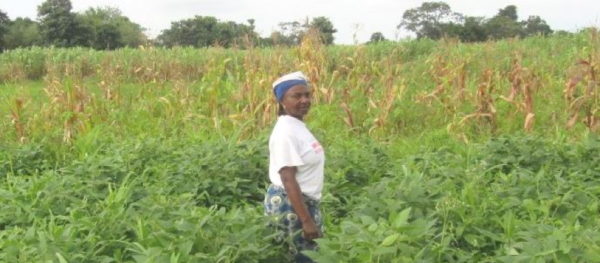Tag: gender equality

Women Agripreneurs Need Gender-Responsive Interventions
Global: Promoting women’s engagement in agribusiness can be an important factor in their empowerment. Learn how from a new CGIAR Gender Impact Platform evidence explainer.
Read MoreResilient Food Systems and the Power of Diversity: A Conversation with Elisabetta Recine
Latin America & the Caribbean: CONSEA's president Elisabetta Recine shares insights into the challenges and the power of participation in building resilient food systems.
Read MoreEmpowering Women Farmers in India for Equal Opportunities and Growth
Asia: India's pivotal role in the G20, emphasizing women-led development, fosters inclusive growth and climate resilience towards global change.
Read MoreBuilding the Resilience of Smallholder Women Farmers in India
Asia: Empowering smallholder women farmers in India in agriculture.
Read MoreYoung, Rural, and Female: Why Agriculture Needs Girls
Global: Investing in rural girls is critical for solving global hunger.
Read MoreMy Message on the International Day of Rural Women
Africa & Middle East: Farming First interviews Monica Maigari, a Nigerian farmer who has been named a "Female Food Hero" by Oxfam.
Read More